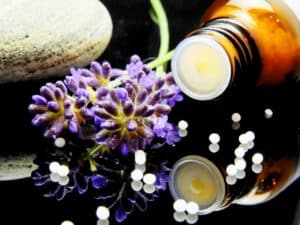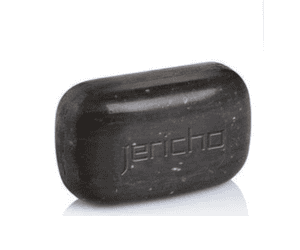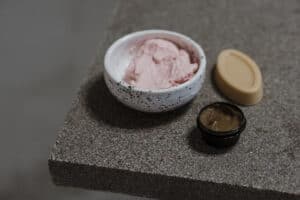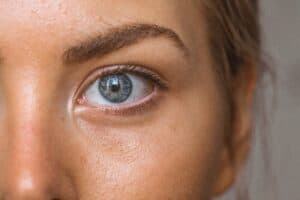Eczema or psoriasis? That might be the initial question that people ask when they discover a suspicious spot in the skin and start scratching to death. Certainly, the similarity between these two conditions is what makes it so important to distinguish them. By setting the differences, it is possible to access different treatments and therapies that help to alleviate the symptoms. Such differences start with their origin and causes as well as how they develop. Here are some important aspects you can check to get clues of what it is.
Different Source
Multiple studies now prove that psoriasis is an autoimmune disease. On the other hand, multiple studies have not been able to prove whether eczema is autoimmune or just a matter of a disorder of the skin barrier. In both cases, immunity plays a role but psoriasis has the malfunction of the immune system as the main source.
The Appearance of The Skin
At some point, both conditions share the redness and itchiness that they produce but they do it differently. On one hand, psoriasis is a condition that occurs because the skin cells go through their life cycle faster than usual. Normally, it takes about a month to complete the cycle but the skin with psoriasis takes just a few days to complete it. As a result, the skin accumulates cells that become spots. They look like plaques full of human cells that evolve to take a white color. At first, they can be small and as the condition progresses they can cover entire areas of the skin. In addition, the spots are surrounded with pale color skin due to substances that inhibit other substances like prostaglandins.
On the other hand, eczema is more related to the damage of the skin barrier. Although the immune system may play a role, the effect on the skin barrier is usually present. This malfunction on the skin produces scalps, swelling, redness, and flaky skin. Unlike psoriasis, it is not limited to one area or one shape. Instead, it can spread around with spots of different sizes.
Different Feelings and Other symptoms
When it comes to feelings, both eczema and psoriasis share itchiness as a signature of the condition. However, psoriasis gets an extra symptom that makes the skin feel like it’s burning. Eczema also has its own extra symptom as the itchiness comes in such an intense way that people sometimes hurt themselves by scratching the skin badly. Other symptoms that look slightly or highly different depending on the type of psoriasis or eczema, include the following:
Eczema
- It may appear at any age
- It affects the skin only
- Allergic reactions to certain substances and materials can trigger the condition
- The areas to develop depend on the age of the patient and the type of eczema but more frequently it appears in adults inside creases of the elbows and behind the knees
Psoriasis
- Most of the time it appears in people between 15 and 35 years old
- It may also affect other organs by producing arthritis and other symptoms in the bones that come with pain
- Some environmental circumstances may trigger the disease but it is not an allergic response
- In adults, it commonly appears in elbows and knees and it is also common on the scalp
Psoriasis and eczema may have lots of similarities but a dedicated look can easily reveal the differences. That allows patients to obtain the right treatment and relief as well as prevent them from getting worse.
Related content:
Is Eczema Hereditary?
5 Dead Sea Psoriasis Treatment Resorts In Israel That Can Help You
What Bath Salts or Dead Sea Salt Calms Eczema?
What Do Dead Sea Bath Salts Do?
Can You Mix Dead Sea Salt and Epsom Salt?





